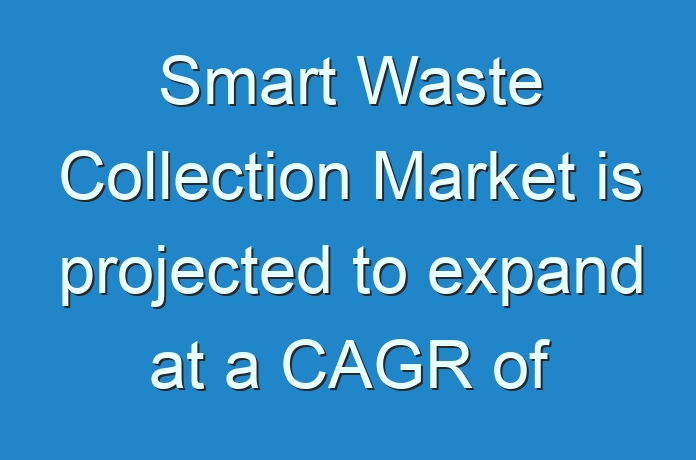Smart Waste Collection Market: Introduction
The global smart waste collection market is anticipated to reach value of US$ 4.5 Bn by 2027. The smart waste collection market is projected to expand at a CAGR of ~7% from 2019 to 2027 in terms of revenue. Growth of the smart waste collection market can be attributed to the adoption of the IoT technology encouraged by governments for smart waste collection in smart cities, which has triggered growth of the market globally. Over the forecast period, North America is anticipated to emerge as the leading smart waste collection market, followed by Europe and Asia Pacific.
Government Trend of Smart Waste Collection in Smart Cities with Adoption of IoT Technology
Rising government initiatives, strict regulations, and large- scale investments with the emergence of IoT has revolutionized and addressed operational costs for smart waste collection systems and their management across smart cities worldwide. In addition, increasing adoption of IoT technology that connects a range of smart sensors and devices to monitor and automate city waste management operations is positively impacting the smart waste collection market across the globe.
Furthermore, sensor-based technologies are the key to develop and implement smart solutions in waste collection and management. In smart cities, governments are investing in advanced solutions, which include navigation systems, tracking sensors, smart vehicles, and smart bins, so as to improve the solid waste management process. Increasing adoption of IoT based sensors is improving the waste collection process, which in turn is expected to drive the smart waste collection market over the forecast period.
Smart Waste Collection: Market Segmentation
The global smart waste collection market has been segmented in terms of component, system, utility type, and region. Based on component, the smart waste collection market has been classified into hardware and software. Among utility types, the public utility segment dominated the global smart waste collection market in 2018. Based on system, the smart waste collection market has been categorized into smart waste bin collection system, smart fleet management & logistic solution, smart waste recycling system, and cloud computing (IoT) interface.
Request For Covid19 Impact Analysis Across Industries And Markets @ https://www.transparencymarketresearch.com/sample/sample.php?flag=covid19&rep_id=72564
Smart Waste Collection Market: Regional Outlook
In terms of region, the global smart waste collection market has been segmented into North America, Europe, Asia Pacific, Middle East & Africa, and South America. North America is anticipated to dominate the smart waste collection market during the forecast period. The U.S. is estimated to hold a notable share of the market in North America and the market in the country is projected to expand at a CAGR of 8.1% during the forecast period, due to increasing adoption of smart waste collection systems in the country. Asia Pacific led the global smart waste collection market, accounting for a substantial share in 2019, with China, India, and Japan being the major markets in the region. The smart waste collection market in Europe, Middle East & Africa, and South America is also projected to increase moderately over the forecast period.
The report provides in-depth segment analysis of the global smart waste collection market, thereby providing valuable insights at macro as well as micro levels. Analysis of major countries which hold growth opportunities or account for significant share has also been included as part of geographic analysis of the smart waste collection market.
Smart Waste Collection Market: Competition Dynamics
The research study includes profiles of leading companies operating in the global smart waste collection market. Key players profiled in the report include Big Belly Solar, Inc., Veolia, Ecube Labs Co., Ltd, IBM Corporation, SAP SE, OnePlus Systems, Inc., RecycleSmart Solutions, Covanta Holding Corporation, Enevo Oy, Enerkem Inc. and Waste Management, Inc.






